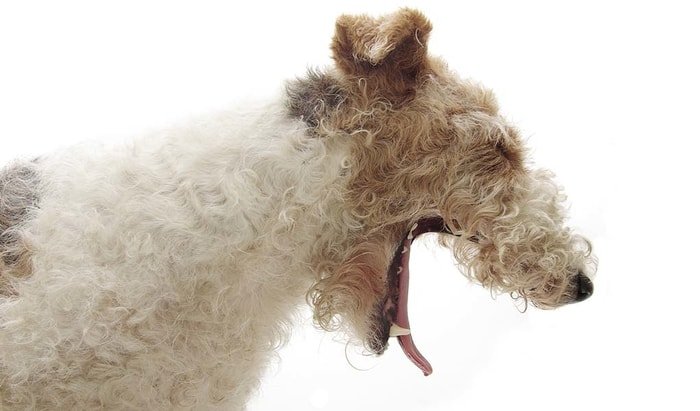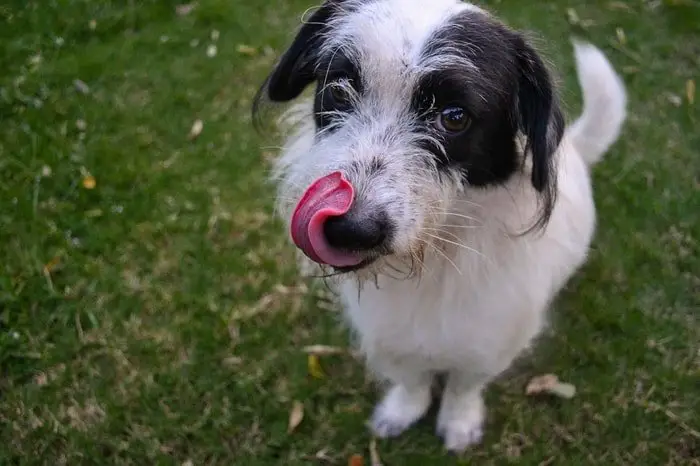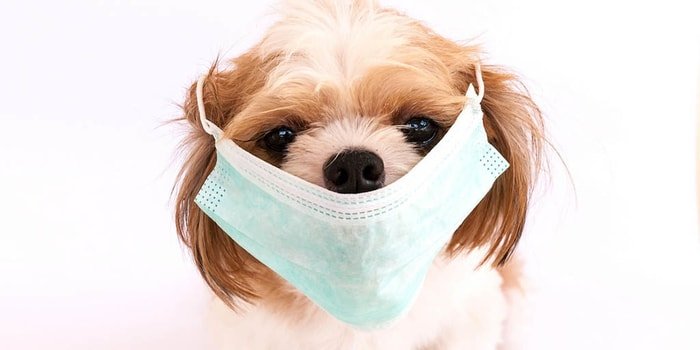Kennel Cough or Infectious Tracheobronchitis is a communicable respiratory disease can be caused by infectious agents either alone or in a combination that is Bordetella bronchiseptica, Canine Parainfluenza virus (CPIV), Canine Adenovirus (CAV-1, CAV-2), Canine Herpesvirus(CHV), Reoviruses, Mycoplasmas, Canine Distemper Virus(CDV). Kennel cough is a contagious disease syndrome that follows the mixing of dogs and the circulation of any pathogens that are present.
Is Kennel Cough is Serious?
Kennel cough is a common condition in dogs showing sneezing, coughing, cold, anorexia, and loss of conditions. It is not so serious in adult dogs, while their immunity is strong. In the case of puppies or elderly dogs, infectious tracheobronchitis is a serious disease as turned into pneumonia. Healthy dogs do not require any treatment, but you must be cautious about the puppies and older ones.

Epidemiology and Transmission of Kennel Cough
Infection occurs mainly by direct contact and short distance aerosol transmission. Indirect contact by fomites, on feed bowls, for example, is possible but less critical. Ideal conditions for spread occur in several circumstances: Boarding kennels, dog shows, training clubs, race meetings; Veterinary hospitals, or waiting rooms.

The disease often peaks in late summer towards the end of the holiday season. Cases do occur in individual pets with no open kennel or group contact. The enzootic condition with coughing in successive litters of pups may prove a problem in large breeding kennels or puppy trading premises with a high or continuous throughout of animals.
Clinical Signs of Kennel Cough
Coughing is the leading and often only clinical sign. Typically harsh, dry, and hacking, it is readily induced by excitement, exercise, or tracheal palpation. A moist, more obviously productive cough is less common. Coughing may last only 2-3 days, typically resolves within two weeks, and exceptionally persists for over three weeks. In severe cases, bouts of paroxysmal cough end in retching that may be interpreted as vomiting by inexperienced owners.

Recently fed dogs do rarely regurgitate food during paroxysms; the respiratory rate is usually standard, although pups with CAV-induced disease may be markedly tachypnoeic and hyperpnoeic. Lung sounds may be harsh, sneezing, and serous to mucoid, tonsillar enlargement, and cranial or cervical lymphadenopathy is often present. Depression, fever, anorexia, and markedly abnormal lung sounds indicate supervening pneumonia.
Procedures of Diagnosis of the Disease
The typical clinical syndrome in individual cases or kennel outbreaks is easily recognized without the need for ancillary tests or laboratory back-up. Specific etiological diagnosis is time-consuming, expensive, and often unrewarding, and can probably only be justified in severe kennel outbreaks or if there is a question of litigation. There is no single test to diagnose the disease. Bordetella bronchiseptica can be difficult to isolate from nasopharyngeal swabs.

Tracheal aspirates or swabs may be more useful; nasopharyngeal swabs in transport medium for viral isolation are the best collected from early, not established cases; since most viral transport media contain antibacterials, separate samples are needed for bacterial and viral culture; demonstration of rising antibody titers on paired sera may confirm infection with specific agents.
Single samples are unhelpful since antibody is widespread. Animals with good local antibody responses may not show a classical rising serum antibody response; fatal cases in young pups necessitate post-mortem examination. Samples of lung and trachea should be taken for histopathology in 10% formalin. Deep tracheobronchial swabs for bacterial and viral culture should be collected aseptically. The X-ray can be used to see the large infected area.
Treatment of Infectious Tracheobronchitis
Most cases of kennel cough recover uneventfully without treatment in 2-3 weeks. Antibacterials are indicated in individuals with evidence of pneumonia or risk of transmission of bordetella is to more susceptible animals; Trimethoprim-sulphonamide, oxytetracycline, ampicillin, and cephalexin are usually effective against Bordetella bronchiseptica in vitro. Maximal doses should be given for up to 10 days; aerosolization with gentamicin or kanamycin can reduce Bordetella burdens in airways but is impractical in most circumstances.

Short-acting glucocorticoids and antitussives are considered by many to be effective. There are contraindicated in dogs with pneumonia, immunosuppression, or very moist productive cough. Bronchodilators may ease the wheezing cough, where there is a suspicion of bronchospasm. Unnecessary excitement and exercise should be avoided in your dog. Your Racing and working dogs should not resume normal training or activity until they have recorded fully. Shoulder harnesses may prevent stimulation of coughing by pressure from collars.
How Do You Get Rid of Kennel Cough?
Control your kennels depends not only on the use of vaccines but also on good kennel design, management, and hygiene.
- The vaccine against Bordetella bronchiseptica and CPIV reduces the likelihood of kennel cough but can not be guaranteed to prevent it.
- The vaccine should ideally be administered 1-2 weeks before an anticipated challenge.
- Small kennel blocks with good ventilation are preferable to large units with common, poorly ventilated airspaces.
- Kennels should be used on a rota system to prevent mixing new occupants with long-stay residents and to allow periodic depopulation, cleaning, and disinfection.
- Food and water bowls and other movable equipment should be thoroughly cleaned and disinfected.
- Disinfectants recommended for CPIV will also be effective against the agents of kennel cough.

Final Advice on Infectious Tracheobronchitis
Canine Infectious respiratory disease is a pervasive problem in your dogs, which is easily transmitted to other dogs. You can prevent the conditions in your kennel by following the preventive measures I have highlighted above. Adequate management, a balanced diet, regular grooming and exercise, and vaccination can reduce the incidence of the disease. If the above information helps you, please share it with your friends and dog owners near you.